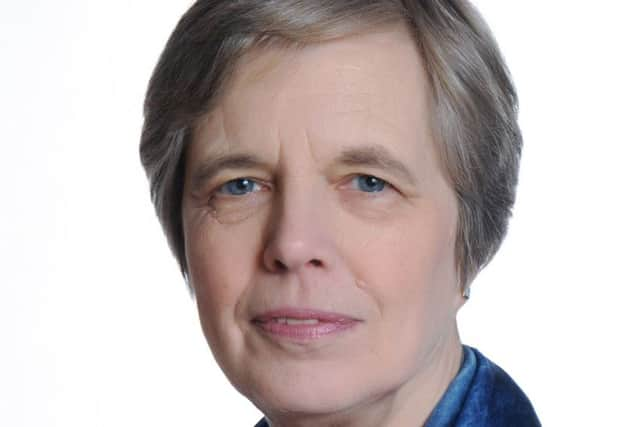Margaret Wyllie: Scotland should embrace homeopathy


These words could not be more true or relevant than when applied to the fierce debate that rages around homeopathy and its availability on the NHS.
Opponents of the therapy see themselves as the torchbearers of medical science, who condescendingly dismiss those who disagree with their purely theoretical view of medicine as the “enemies of science”, “charlatans” or “gullible fools”.
Advertisement
Hide AdAdvertisement
Hide AdThe latter often being directed at patients who speak up in support of homeopathy when their health has improved after receiving homeopathic treatment.


The highly trained doctors and other healthcare professionals who integrate homeopathy into their practice are not enemies of science – far from it!
They acknowledge and embrace the wonderful advances in healthcare that science has delivered, prescribing new drugs and treatments for the benefit of their patients.
But they also recognise that for some patients these treatments fail to produce positive results and have therefore looked at traditional and complementary approaches to health, such as homeopathy, which they have found to help the patients under their care.
They do this because they see medicine not as scientific theory but as a clinical discipline practised on individual patients who possess all the physical and emotional complexities that are the essence of the human condition.


Homeopathy as part of an integrative approach to healthcare is widely available in France, Germany and Italy.
And only recently the Swiss government announced homeopathy would be accorded the same status as conventional medicine. Scotland should follow their example.
It cannot be denied that scientific research into the efficacy of homeopathy is inconclusive, although it is far from being as negative as opponents claim.
Advertisement
Hide AdAdvertisement
Hide AdThere are quality studies that support the therapy’s treatment effect beyond placebo and there is other evidence too.
While clinical trials using carefully selected patients are important, they should not be the only form of evidence considered.
Patient Reported Outcome Measures (PROMS) assess the quality of a treatment from the patient’s perspective, and it is in this area where homeopathy frequently achieves excellent results.
One study found that 70.7 per cent of more than 6,500 follow-up patients, treated with homeopathy for a range of chronic medical complaints, reported positive health changes.
NICE (National Institute for Health and Care Excellence) recognises the importance of PROMS and there have been calls for the results from these patient-centred studies to have more prominence in the evaluation of treatments.
Providing healthcare services that patients value and want is central to the Scottish government’s aim of delivering patient-centred care.
But when it comes to homeopathy some health board managers disregard the overwhelming support the therapy receives from patients, preferring instead to close services that are clinically and cost effective. This often creates an increase in demand for other services, resulting in long delays for treatment and overstretched medical staff.
Listening to patients is a vital part of the diagnostic process. But when patients express an opinion on what has made them feel better, particularly if it involves homeopathy, they are frequently ignored. Patients are not stupid or gullible; their views need to be taken seriously by the medical profession, politicians and health board managers.
Margaret Wyllie is the chairwoman of the British Homeopathic Association